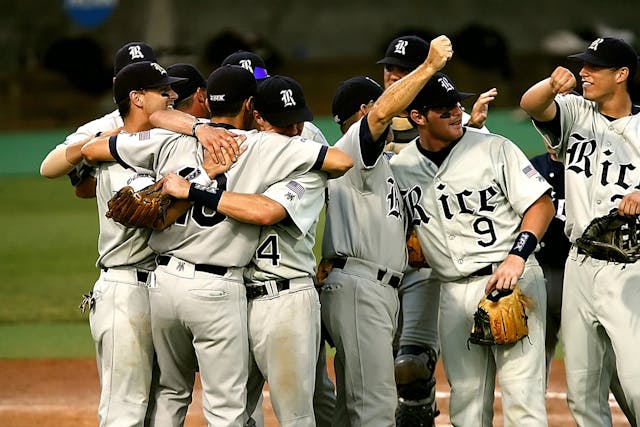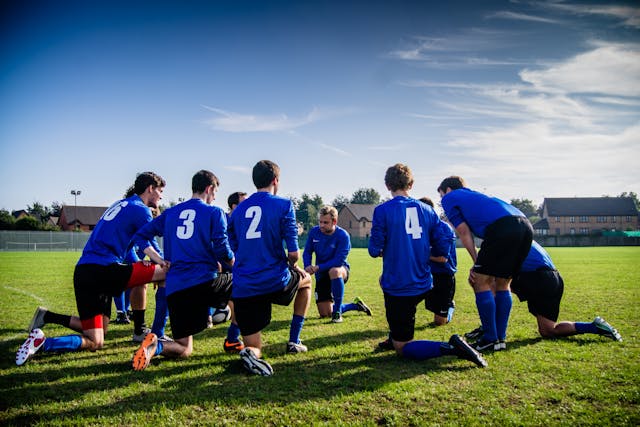The Psychology of Team Sports: How Cooperation Boosts Performance
Team sports are more than just physical games—they are a powerful way to build cooperation and boost performance. When players work together, they not only improve their chances of winning but also develop important social and mental skills. This article explores how cooperation in team sports influences success and why it matters for both players and teams.

What Is Cooperation in Team Sports?
Cooperation means working together toward a common goal. In team sports, this involves players communicating, supporting each other, and sharing responsibilities. It’s about putting the team’s success above individual glory.
Good teamwork requires trust, understanding, and respect among players. When teammates cooperate, they can coordinate strategies and respond quickly during games. This unity often leads to better performance and more wins.
The Mental Benefits of Team Cooperation
Playing on a team teaches valuable mental skills. Cooperation helps build:
- Trust: Knowing teammates will support you creates confidence.
- Communication: Sharing ideas and giving feedback improves problem-solving.
- Emotional Support: Teammates encourage each other, reducing stress and anxiety.
- Motivation: Working with others pushes players to try harder.
These psychological benefits boost not only individual players but also the team’s overall spirit.
How Cooperation Enhances Performance
When players cooperate, they can combine their strengths and cover each other’s weaknesses. This balance allows the team to:
- Make faster decisions on the field
- Adapt quickly to changing situations
- Create more scoring opportunities
- Defend more effectively
Teams that trust and support one another often enjoy smoother gameplay and higher success rates.
Building Cooperation in Teams
Cooperation doesn’t happen by chance. Coaches and players can work together to build strong teamwork by:
- Setting Clear Goals: Everyone should understand the team’s mission.
- Encouraging Open Communication: Players need to feel safe sharing ideas and concerns.
- Practicing Together: Regular drills and activities improve coordination and trust.
- Celebrating Successes and Learning from Mistakes: Positive feedback strengthens bonds.
Cooperation Beyond the Field
The lessons learned in team sports go beyond games. Cooperation helps players develop skills useful in school, work, and relationships. Learning to listen, share, and support others builds stronger communities and better leaders.

Final Thoughts
Cooperation is at the heart of every successful team sport. It improves performance, builds trust, and strengthens mental resilience. By focusing on teamwork and working together, players can achieve more than they ever could alone.
Whether you’re on a soccer field, basketball court, or any team sport, remember: cooperation is the key to winning and growing as both a player and a person.












